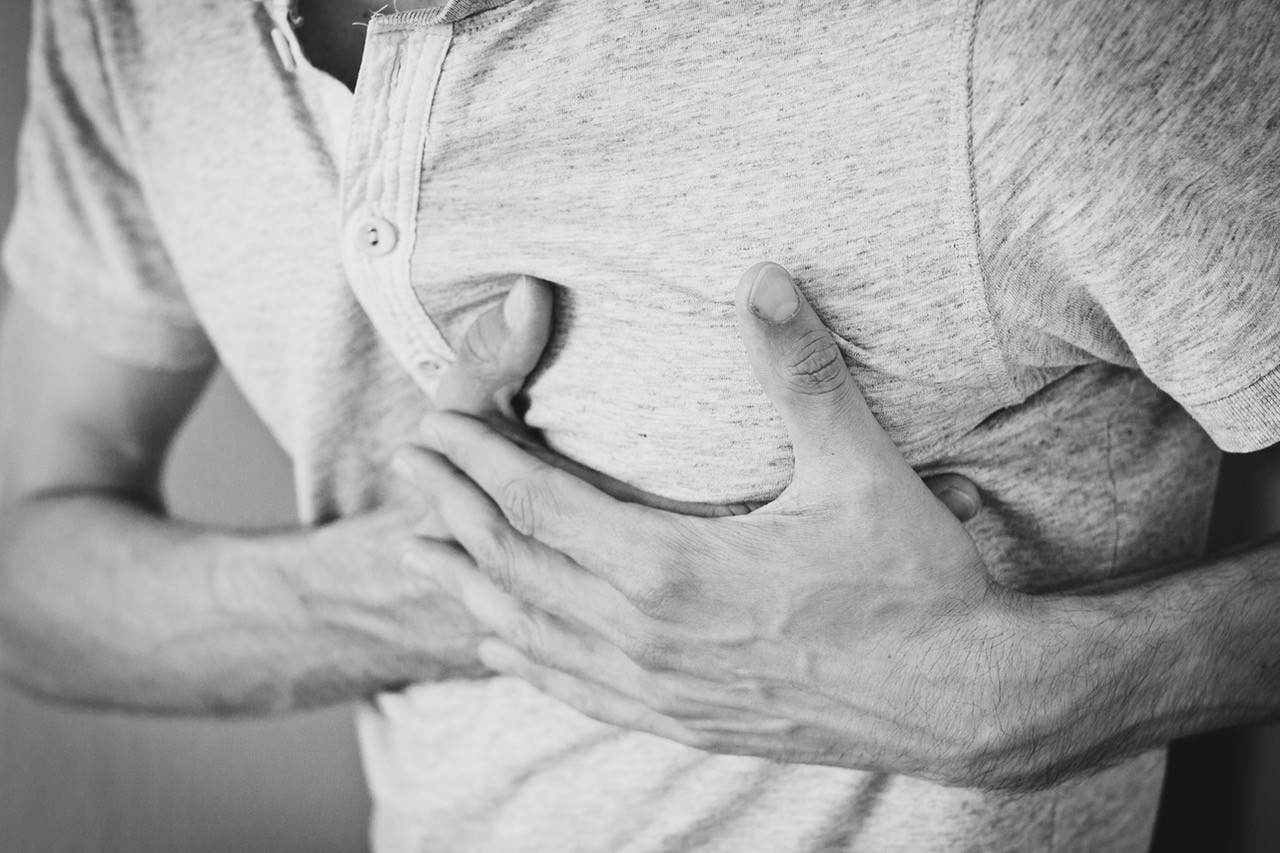Social rejection can bite hard.
We’ve all had moments where we have felt excluded from a group. We could be the recipient of rejection from close friends, workmates, or even family. Maybe you weren’t invited to a social gathering. Or perhaps you discover you’ve been backbitten plenty of times.
The question arises. Why should we concern ourselves when we feel rejected or excluded? Some people are capable of being independent and strong, right?
Obviously, we endure emotional pain from bad breakups and exclusions. However, there’s a lesser known reason to avoid rejection. Rejection is bad even for our physical health. Much research points the pain we experience from rejection is akin to physical pain.
Social rejection experiments
Dr. Kipling Williams, a social psychologist from Indiana’s Purdue University, produced a convenient research program called Cyberball. Apparently, the time he was rejected in a frisbee game inspired him to create such a program.
Say you were to join Cyberball, you are to play a ball-catching game with two other members. These two supposed “human” members suddenly stop passing the ball to you, making you feel excluded.
In one Cyberball study, researchers used fMRI scans to study the rejected participants’ brains. They discovered that parts of their brain linked with physical pain lit up, along with the emotional center of the brain.
I find this an amazing discovery. This explains why we do not want to be in the losing edge of rejection. It hurts us emotionally and physically too.
Here’s the fun part. The researchers went further in their studies by looking at the effects of painkillers on the rejected fellows.
If social pain was the same with physical pain, that means over-the-counters painkillers could help with the pain, right?
In a similar Cyberball experiment, they tried giving acetaminophen (painkiller) to the rejected throwers.
It turned out that the throwers taking painkillers recalled a lot less of “socially painful” memories. Also, the parts of their brains in charge of physical injury activated less.
Amazingly, this explains why some people take drugs or alcohol to numb out their pain (social pain included). A quick escape from the pain just seems so enticing for some.
The importance of acceptance
Now we know rejection is physically painful, and we don’t want to feel that kind pain. Does this mean we should take painkillers whenever we feel excluded? Probably not.
Our brain activates pain signals during rejection because staying in groups ensure our survival. Dr. Kipling Williams cleverly quips:
Evolutionarily speaking, if you’re socially isolated you’re going to die. It’s important to be able to feel that pain.
Staying in groups was, and still is relevant even today. Also, I firmly believe that nurturing relationships are necessary for a happy life. This may include people who’re family, friends, and so on.
If you do find yourself in the midst of social rejection, you want to find a reliable source to connect with again. No doubt, this is even more relevant when you experience a series of “breakups” or rejections.
Another great method for dealing with social pain is adopting a self-compassionate mindset. If you cannot find a source of acceptance from someone else, you can always be kind and accepting to yourself in the meantime.
If all else fails, you may contact a mental health professional. Expertise with a heart can go a long way in helping your situation.
Originally published at www.chenpsych.com on May 5, 2017.
Originally published at medium.com



